A few years ago, in Tilpa, Western NSW, I spoke to a farmer whose wife, after badly fracturing her leg, had hopped into her car and driven the four hours to hospital. “It was an automatic car,” he shrugged. “And it was her left leg that was broken.”
The wife was equally sanguine. When told she needed to go to another hospital to have the bones pinned, she returned to the driver’s seat and was apparently astonished to be told an ambulance was available.
Everyone who lives in a remote area has a tough-it-out story like that, but while they may raise a laugh, the lack of access to healthcare is far from funny. Researchers regularly confirm those living in rural areas have poorer life expectancy, lower rates of screening, higher rates of potentially avoidable hospital admissions and lower access to hospital procedures.
_preview.jpg) People living in towns like Weilmoringle (above) have limited access to health care facilities, unlike those in metropolitan areas. Photo by: Laura Gillard.
People living in towns like Weilmoringle (above) have limited access to health care facilities, unlike those in metropolitan areas. Photo by: Laura Gillard.
Attracting doctors and other health practitioners to rural areas is a constant headache and many communities depend entirely on part-time clinics staffed solely by nurses.
RELATED:
Farmer fights for rural hospitals to stock antivenom
However, advances in telehealth have meant rural healthcare is improving. Video consultations make it easier for patients to stay in touch with specialists and if, as often happens, they have their GP alongside them during the consultation, there is added value in terms of information gathered and patient care plans.
Medics, too, are keen. Video consults and information sharing provide support and networking for remote doctors, plus they can be a great training tool if patients give permission for the consult to be shared.
“When we talk about telehealth, we’re talking about a range of things – phone, FaceTime, video conferencing and a variety of weird and wonderful pieces of equipment,” says Jenny Beach, general manager of health service development at the
Royal Flying Doctor Service (RFDS), South Eastern Section. “It might range from a discussion to taking observations or making assessments.”
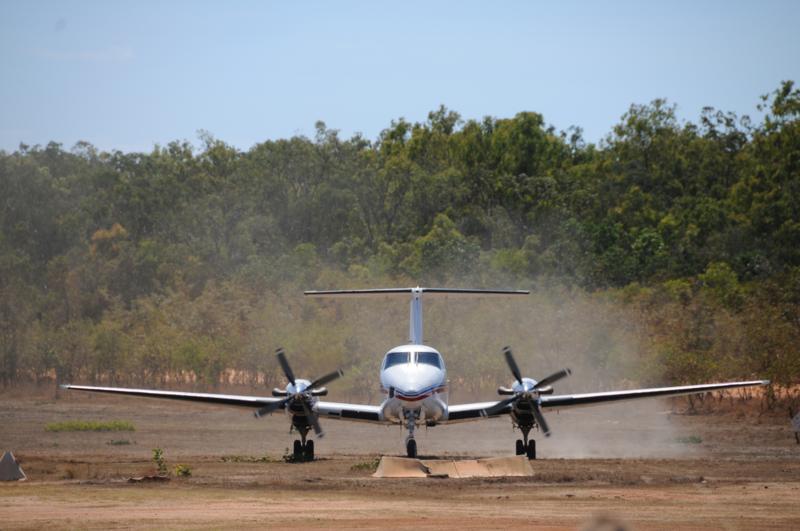
The Royal Flying Doctor Service has long been a pillar of strength for those living in rural areas that are in need of health care. Source: Getty Images.
The RFDS has long run mobile GP clinics but they’re not always held when patients need them. Innovative online clinics allow patients to make regular appointments then talk via video to a GP. Patients can do that independently or go to a remote clinic where a nurse can join them, making observations, running tests or prompting questions.
Also being trialled is a new facility attached to remote clinics. An enclosed booth allows patients to walk in, operate a video link-up to a doctor, and use equipment to run their own basic tests such as blood pressure. “We’re trialling that service in the Far West and are quite excited about the implications for places that don’t have medical staff,” says Jenny.
RELATED STORIES ABOUT FAR WEST NSW:
-
Filling a gap in rural education
-
Diversifying sheep business to get ahead
-
Exclusion fence helps family revive productivity
She is similarly optimistic about a RFDS-run specialist service linking remote patients to anyone from an endocrinologist to an ear, nose and throat doctor without leaving home.
“When you’re trying to manage chronic conditions and long-term care, it’s really important to keep in touch with everyone and we’re now getting appointments that wouldn’t have happened otherwise,” Jenny says. “We have a long way to go before we can say we’ve got it sorted but we’ve had no pushback.”
Online practitioners can now examine burns, organise and interpret tests, peer into ears, advise on treatment plans from rehab to oncology, provide speech therapy, diagnose a range of dermatological issues and
support mental health efforts.
Rural midwife offers online birthing services
St Vincent’s Hospital Sydney has made telehealth a key strategic commitment for providing online cancer services to rural and remote NSW and reports the service saves patients time, money and stress, provides better access to doctors without delay – essential if there’s a change in condition – and allows GPs and other doctors to use the video links to stay informed of the patient’s condition.
Other practitioners who have embraced telehealth are those who’ve had direct experience of substandard rural healthcare, such as midwife and former emergency nurse Edwina Sharrock from Tamworth.
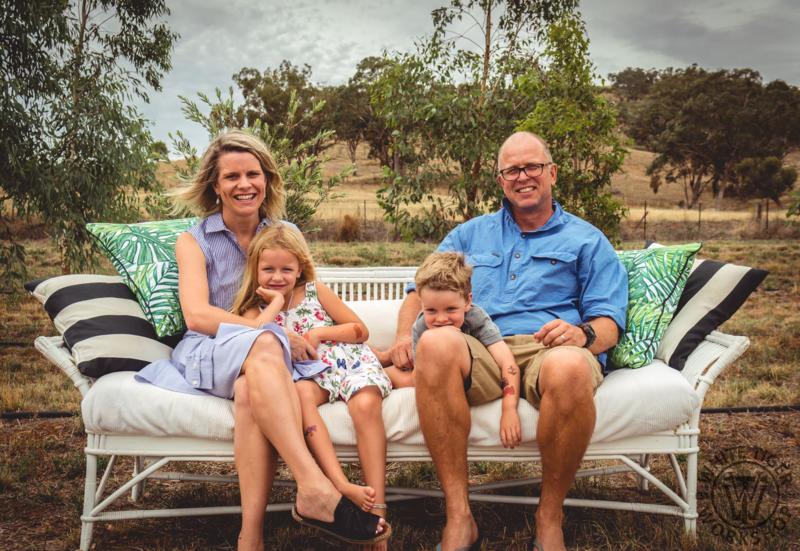 Edwina Sharrock with children Polly and Theo and husband Ross. Source: Supplied.
Edwina Sharrock with children Polly and Theo and husband Ross. Source: Supplied.
Last year, Edwina appeared on the entrepreneurial reality TV show Shark Tank, where her online Birth Beat antenatal service won a $200,000 investment deal. She’s unusual in also being one of the few independent online services to attract a rebate from private health insurer HCF.
Birth Beat was born six years ago along with Edwina’s daughter Polly. During her pregnancy, her local private maternity unit closed its doors and along with it, the antenatal classes. So she decided to take matters into her own hands.
RELATED ARTICLES ON REMOTE LIVING:
-
Challenges of living in a mobile black spot
-
Bingara: a rural community success story
-
Sky-high prices for regional flights
Edwina’s solution was to offer her own face-to-face education classes at Tamworth and as word spread, she was astonished at how far people would travel to attend. “I’d ask, ‘Why are you driving 500km and paying for two nights’ accommodation. Isn’t there anything nearer?’ They said there was nothing evidence-based and good quality,” Edwina says.
Discovering maternity units had almost halved in Australia since the 1990s, Edwina decided to launch her birthing classes online. She built her own portal and also gave subscribers access to prenatal yoga classes, a breastfeeding consultant and advice on what to do when bringing the baby home. “It’s a one-stop shop for parents,” she says.
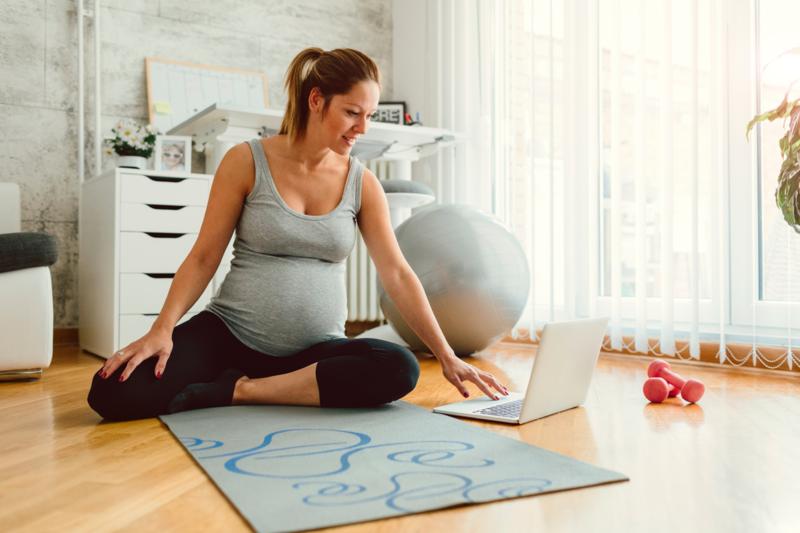 Online prenatal yoga classes are a great way for women in rural areas to stay healthy during pregnancy. Source: Getty Images.
Online prenatal yoga classes are a great way for women in rural areas to stay healthy during pregnancy. Source: Getty Images.
Just like a hospital birthing class, Edwina has created a sense of community with a closed Facebook group where subscribers can ask her questions and also talk to other mothers, with several getting together in person to form their own parent groups.
RELATED STORIES OF COMMUNITY:
-
Country women pulling together
-
Coleambally farm run by volunteers
-
Millthorpe community faces drought together
-
Drought-affected farmers: “We’ll get through it”
Mothers also have email access to Edwina and she does phone consults for tricky situations. “It’s pretty comprehensive and I find the classes leave women and their supporters empowered and well prepared,” she says. “I get emails every week from happy mothers, they all send me photos and I love that they feel they know me and received a quality experience.”
As children and babies first aid classes haven’t been available in Tamworth for a few years, Edwina has teamed up with a paramedic to fill that gap. She plans to offer classes online to teach parents how to deal with choking and burns, perform CPR or manage gastro or a fever. It’s an essential service.
“I already teach first aid in Tamworth and some of my people don’t have reception on their properties so couldn’t call triple 000 even if there was an emergency,” she says.
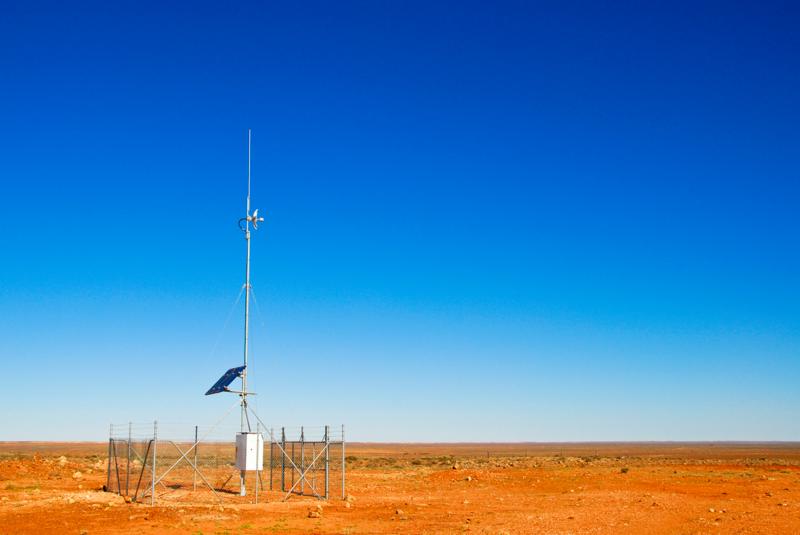 Many of the areas around Tamworth, where Edwina is based, don’t have sufficient mobile reception in case of emergencies. Source: Getty Images.
Many of the areas around Tamworth, where Edwina is based, don’t have sufficient mobile reception in case of emergencies. Source: Getty Images.
“My big lofty dream is to have this incredible community catering for the first two years of having children, including speech pathologists, physiotherapists, paediatricians and everything else you need to give your child the best start.
“There is so much that can be done online. Even things like ENT [ear nose and throat] – you can put a scope into an ear and an ENT specialist can read it at the other end. I’m sick of country areas crying poor but not offering solutions. If you can’t get the specialist in town, you have to get creative.”
Online physiotherapy helping rural patients rehabilitate
Physiotherapist Karen Finnin was another early adopter of telehealth after a spell working in East Timor. When she had to leave, she knew she left a huge service hole so started offering remote appointments. She launched Online Physio when she returned to Australia and sees many advantages.
“Patients don’t walk out of our consultations trying to remember what they’ve been told. They get sent written summaries, resources and exercises.” – Karen Finnin.
“Because we’re forced to empower and educate patients to manage their own rehab and be proactive about their recovery that can also mean better results. They don’t think they need our magic hands.”
Karen’s consultations consist of an intuitive questionnaire followed up with a video consult, which allows her to watch her patients’ movements and abilities. Rehab is guided with an exercise prescription app that sends patients videos and reminders, allows them to rate their pain each day, and to send Karen any questions or observations via secure messaging.
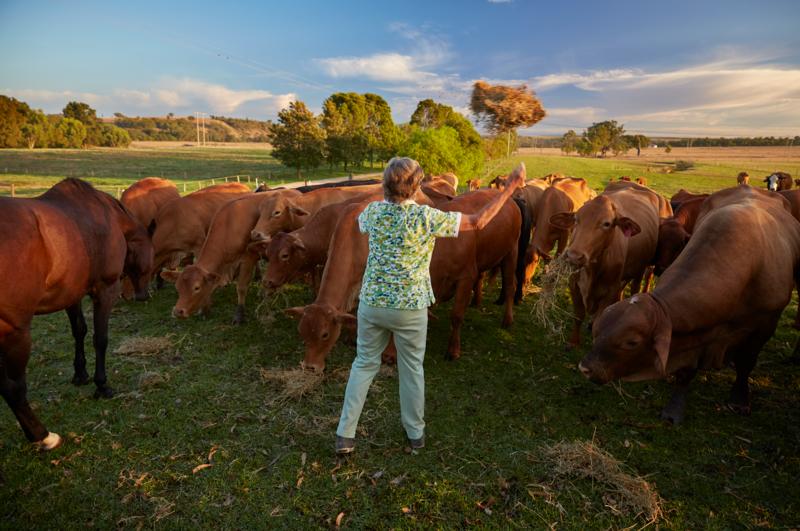 Despite a lot of new technology improving farming practices, farmers still perform a lot of strenuous work that can benefit from physiotherapy. Photo by: Nick Cubbin.
Despite a lot of new technology improving farming practices, farmers still perform a lot of strenuous work that can benefit from physiotherapy. Photo by: Nick Cubbin.
Obviously there are limitations. “There are conditions that, even in a clinic we wouldn’t be happy treating, such as pain that doesn’t seem to be muscular-skeletal or is behaving in a way we feel requires an X-ray or scan. Also if someone woke up with a frozen neck, that would be something that needed hands-on care.”
Teledentistry working in conjunction with rural health care
Another online practitioner is dentist Dr Christine May, who set up FaceWell Teledentistry after spending time as a dentist in rural Australia and recognising that while mobile dental services are brilliant, they cannot always be around when needed. She can email a prescription to a patient’s local pharmacist to tide them over in the case of infection or pain, refer them straight to appropriate specialists, or organise and analyse diagnostic tests.
A typical patient was a farmer who’d broken his denture and didn’t know if it was covered on Medicare. “I was able to establish how old it was, where it was broken, advise him he was better getting a new one than a repair and gave him advice on practitioners and estimated costs,” Christine explains. “That way he knew what he was in for.”
NSW Farmers’ board and Rural Affairs Committee member Lisa Minogue says telehealth has been well received and the Association wants to see it expanded and prioritised with appropriate funding. She also points out that its development emphasises the need for good and reliable internet and phone services in rural and regional areas.
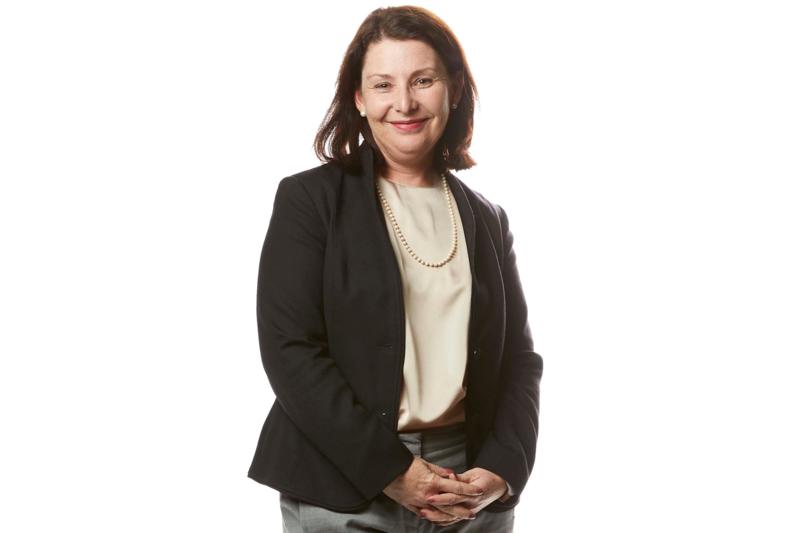 NSW Farmers Rural Affairs Committee member Lisa Minogue. Photo by: Nick Cubbin.
NSW Farmers Rural Affairs Committee member Lisa Minogue. Photo by: Nick Cubbin.
“Once initial teething problems were sorted out, people appreciated the fact they could stay in their local communities and not have the added burden of travel and being away from family and support mechanisms,” Lisa says, adding that good rural health services are still vital.
“Although we accept we need telehealth when we’re seeking specialised help, we still want a healthcare workforce that is well trained, well resourced and understands the context of working in rural and remote locations. We always try to make sure the access we have to health services is equitable.
_preview.jpg) Living in a remote location makes it difficult to access adequate health care. Photo by: Laura Gillard.
Living in a remote location makes it difficult to access adequate health care. Photo by: Laura Gillard.
“Online GP clinics are fine for minor ailments, but for major issues and diagnosis – while it’s better than nothing – we should never settle for better than nothing. We need health services in line with our first world status.”
RELATED HEALTH STORIES:
-
Sun safety critical for farmers
-
Time to fight rural discrimination
-
Q fever battle: the boy we almost lost
Jenny Beach of the RFDS agrees that not everything can be done by telehealth. “But it does have huge potential to improve rural and remote health and it means people don’t have to travel for every appointment,” she says.
“It gets to a point where you say OK, let’s test it. Let’s see if this works via telehealth.”
Cost, concerns and complications with telehealth
- Diagnostic accuracy and appropriateness is always a priority.
- Something as simple as emailing an image of a wound can’t be done without proper security and NSW won’t allow Skype consults for the same reason, so clinicians have to invest in technical support and software.
- Administration can be more complicated due to the need for advance planning to ensure everyone in every location is available for the video conference.
- While telehealth saves money for the patient in terms of travel, they may have to invest in a smartphone, tablet or computer and have access to reliable WiFi.
- Although patients aren’t charged extra for a Medicare-covered telehealth consultation, there are extra costs. A telehealth item is charged on top of the normal scheduled fee to recognise the time of running this service – usually an additional 50% – and if there’s a supporting health professional such as a GP or nurse sitting with the patient, they will also claim a telehealth fee.
- Independent telehealth services including Birth Beat, Online Physio and FaceWell Teledentistry charge a private fee.